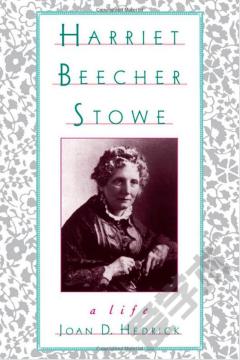Scenes in the Life of Harriet Tubman
Few historical figures can be more admired than Harriet Tubman. She is mythologised, idolised and made superhuman, and whilst the temptation is clear, she was really a human being, reflected in these pages. A slave, a woman, a runaway, black and poor, she fought all the odds to become a shining point in the history of emancipation. Not only was Harriet Tubman an abolitionist but she was active as an advocate for the deprived and spoke out in favour of women’s suffrage. After a childhood full of violence and fear at the hands of her masters, the woman born as Araminta Ross escaped slavery. She had feared her brothers and sisters being sold away, never to be seen again, she had feared her children becoming slaves and she hoped for better. In the climate of the Southern states, decades before emancipation came for the slaves, Harriet Tubman showed unprecedented courage by not only remaining in the United States, against her best interest, but by journeying again and again into the slave states to rescue friends, family and even slaves on plantations who she had no relationship to at all. She worked as a cook, a nurse, a scout and a spy. She was even described as a general by her contemporaries in the Union army. Tubman was the very first woman to lead an armed military expedition but astounding as that is, her fight was always bigger than the war. She fought to make lives better for the downtrodden. Sarah Bradford, our author, hoped by the publication of Scenes in the Life of Harriet Tubman to give Harriet Tubman a modicum of comfort in her old age. Whilst Harriet is long gone, her memory is palpable in Bradford’s account and is only made more so when turning the pages.
{{comment.content}}








 京公网安备 11010802027623号
京公网安备 11010802027623号